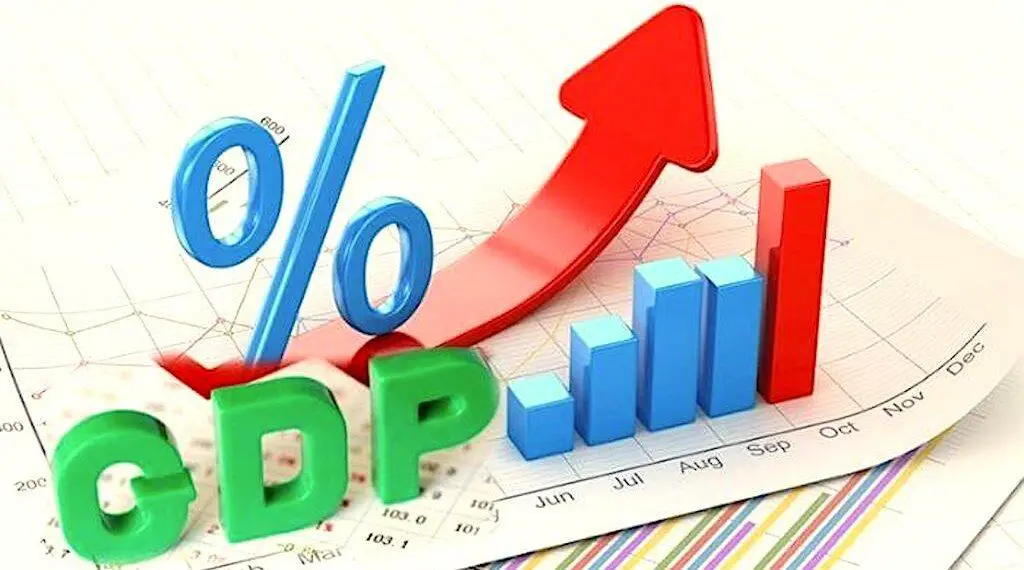A recent economic outlook for Nigeria by Verraki, a consortium of experts and business solution providers, has outlined the crucial role of agriculture and four other key sectors in propelling the country’s economic growth.
During the 29th edition of the Nigeria Economic Summit held in Abuja, President Bola Tinubu articulated an ambitious vision for the country’s economic trajectory. Tinubu set forth an ambitious target of growing the economy to $1 trillion by 2026 and increasing it to $3 trillion by the end of the decade in 2030.
However, the report highlights that to achieve a $1 trillion economy by the year 2033, Nigeria needs to sustain a minimum of 6.5 per cent average annual GDP growth rate and implement policies to slow the population growth rate sustainably.
The report sheds light on the changing dynamics of Nigeria’s economic landscape, with the non-oil sector, particularly the services segment, emerging as a robust driving force, constituting a dominant 52.70 per cent of the GDP.
However, concerns have arisen as the sector’s growth trajectory has exhibited a declining trend, dropping from 7.4 per cent in Q1 2022 to 3.99 per cent as of Q3 2023.
In contrast, agriculture remains a cornerstone of Nigeria’s economic vitality, contributing 29.3 per cent to the GDP and sustaining 35 per cent of aggregate employment. Despite its pivotal role, the sector has experienced sluggish and erratic growth patterns, notably recording a mere 1.30 per cent growth in Q3 2023.
The industry sector according to the report, saw a modest expansion of 0.46 per cent in Q3 2023, following an alarming 8.0 per cent contraction in the preceding quarter of 2022.
In response to these insights, the report called for a realistic target of 5 per cent to 7 per cent annual real GDP growth over the coming decade. It projects that sustained growth within this range could culminate in a robust $700 billion to $800 billion economy by 2033.
The report said the Nigerian government and policymakers have a crucial role in driving the desired 5 per cent – 7 per cent GDP growth over the next decade.
It advised the federal government to take the lead, formulate, and implement visionary policies that will guide all economic actors towards achieving sustainable growth.
“Such policies must address economic, social, and institutional drivers of economic growth, whilst ensuring that the growth outcomes are broad-based, non-inflationary and inclusive.
“To sustain growth in the long-term, the government needs to continue the roll-out of visionary infrastructure projects that will support economic diversification, broad-based growth, and better quality of life,” it stated.
Furthermore, it noted that the continuation of strategic infrastructure initiatives is deemed essential to underpin economic diversification, foster broad-based growth, and enhance overall quality of life.
The report also noted that as the country navigates its economic journey, the convergence of agricultural revitalisation and the ascendancy of the other four pivotal sectors will propel the nation towards the ambitious milestone of a $1 trillion economy by the year 2033.





